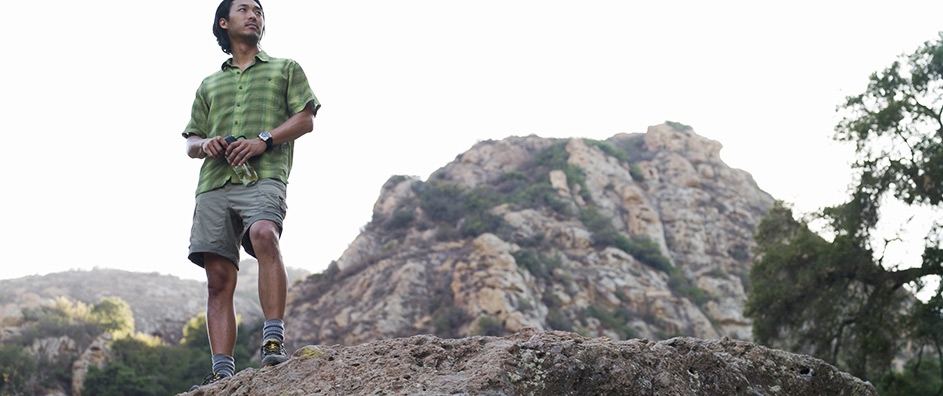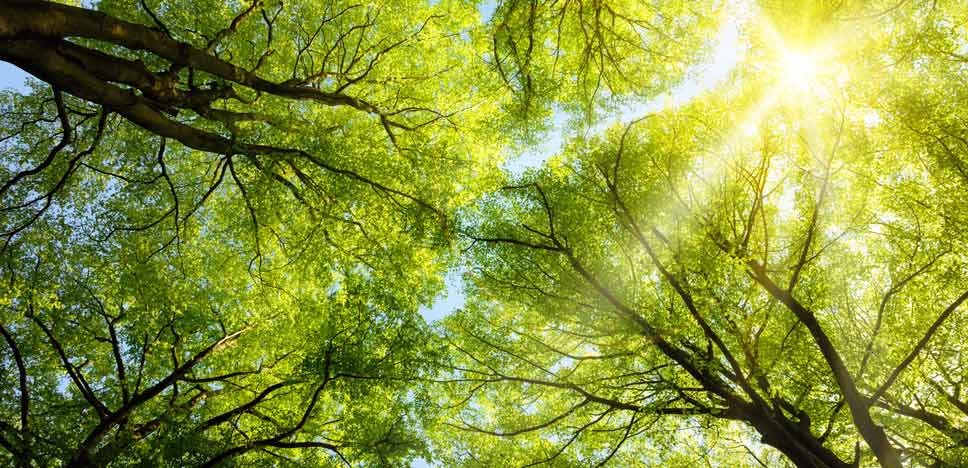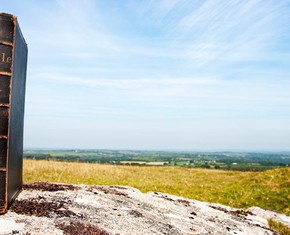The views expressed in our content reflect individual perspectives and do not represent the authoritative views of the Baha'i Faith.
Where do we look for God? At some level the answer is: anywhere.
In his Of True Religion, Saint Augustine clearly recognized that there are vestiges of God in everything. How could it be otherwise if God is the Creator of all? The Old Testament proclaims: “The whole earth is full of His glory” (Isaiah 6:3). The New Testament announces that God can be “understood by the things that are made” (Romans 1:20). So too, the Qur’an peals out: “To God belong the East and the West; withersoever you turn, there is the Face of God; God is Allembracing, Allknowing” (2:109). And the Bhagavad Gita says: “The Lord is everywhere and always perfect” (6:37).
The earliest religions probably began with the recognition that there was an animating force (God) in everything. This idea, called pantheism, has an element of profound truth in it. It is no small accomplishment to see God in everything. The Baha’i writings explain:
Existence is realized and possible through the bounty of God, just as the ray or flame emanating from this lamp is realized through the bounty of the lamp from which it originates. Even so all phenomena are realized through the divine bounty, and the explanation of true pantheistic statement and principle is that the phenomena of the universe find realization through the one power animating and dominating all things; and all things are but manifestations of its energy and bounty. – Abdu’l-Baha, The Promulgation of Universal Peace, p. 286.
While most newer Faiths reject pantheism, because God is neither “in” nor “not in” anything, all great religions teach that everything emanates from the will of God.
But while God’s bounty sustains and creates all, the measure of divinity reflected in each thing is conditioned by its capacity, worthiness, and intrinsic value. Minerals reflect God’s glory to the degree of their capacity. Plants and animals reflect the attributes of God to their various capacities; and people reflect even more of God’s effulgence. But there are kingdoms above ours where even more of God’s glory can be expressed, and these must be as mysterious to us as we are to animals, or animals to plants. So where should we look to find God?
Every great Faith asks us to first look at the creation itself.
Anyone who has spent any time near the ocean; in a towering forest or on a rugged mountain has had the experience of awe and beauty that God has imbued into nature. Since our humanity is fundamentally spiritual, and since human nature itself comes from our origins in the Earth, our souls gravitate to the natural world.
Perhaps that’s why we often feel so starved for nature and its beauty – most of us live in urban or suburban environments where the natural world has been subdued, paved and tamed. We have arranged our lives so they often include very little of God’s creation. In our cities at night, we can barely see the vast canopy of stars above us. Many of us experience nothing but the built environment around us every day, with houses and malls and roads and high-rises blotting out the rich soil where things used to grow wild. Our children have what scientists have recently begun calling “nature-deficit disorder,” the severe lack of any connection with the organic natural environment. And all that concrete and asphalt and steel and glass may deprive us of something even more important – our belief in a Creator.
Those who study the history of comparative religion have discovered that urban populations have a much lower likelihood of identifying with a particular belief system or religious affiliation than rural populations. Researchers used to believe that those differences could be traced to educational differences – but even when educational status is equal, people who live closer to the earth and the natural environment tend to have a stronger and more active belief in a Creative Force in the universe.
So that’s the first place to look for God – outside. Go someplace where you can truly feel and understand the natural world, and reflect and meditate on who made it.

















Comments
Sign in or create an account
Continue with Googleor